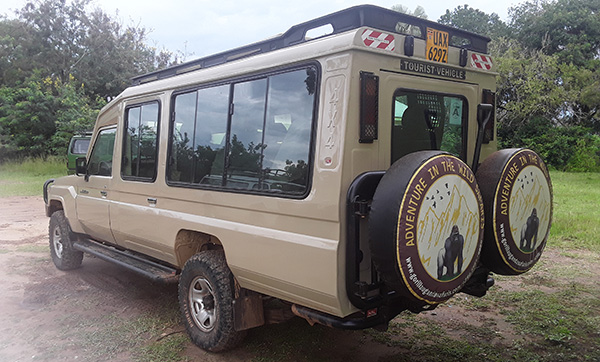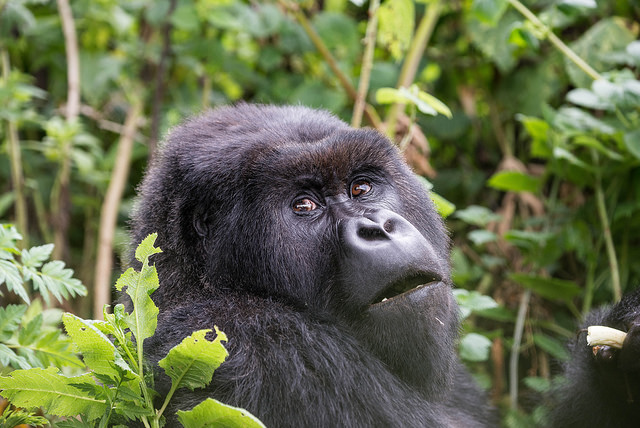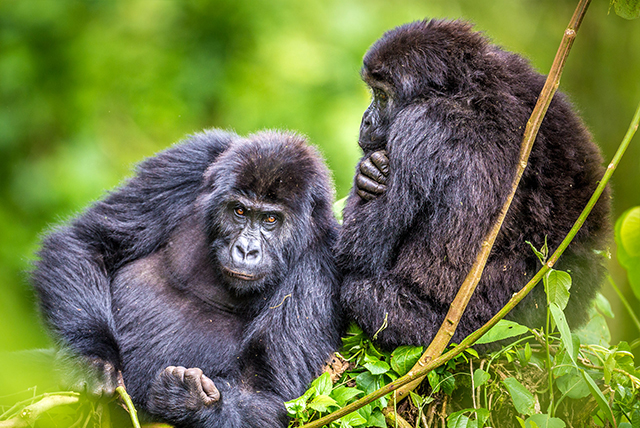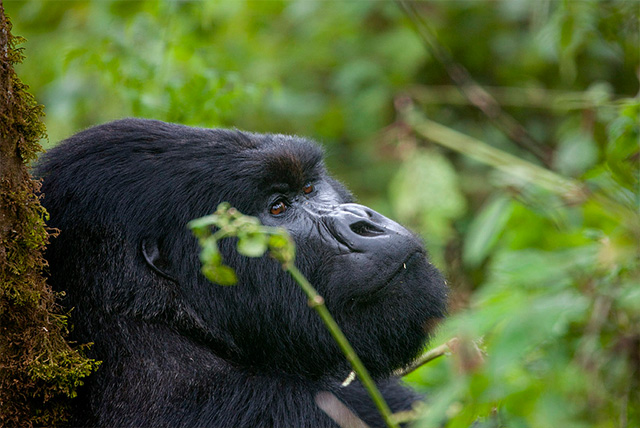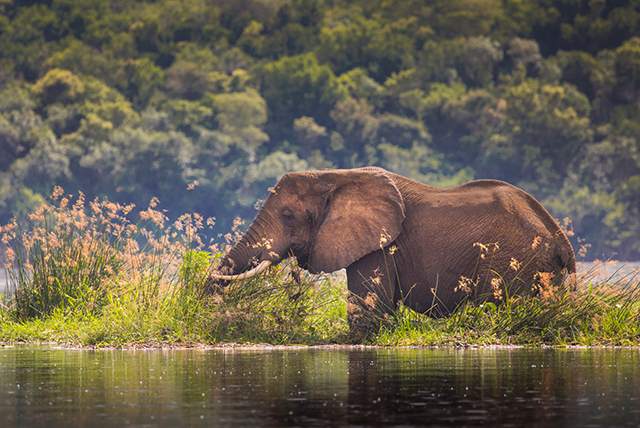Vaccinations for Zimbabwe Travel
Zimbabwe Health & Safety
Zimbabwe is a vibrant destination that calls for some preparation. It is advisable to ensure you are vaccinated against typhoid, polio, and tetanus. Fortunately, Zimbabwe is not a yellow fever zone; however, if you are coming from a country where yellow fever is present, you will need to present a vaccination certificate to gain entry. Prior to embarking on your journey, make sure to stop by your local travel clinic at least 2 months ahead of time, and discover in advance what vaccinations you will need. This is a dynamic environment that calls for proactive strategizing.
Malaria can be found in particular regions of Zimbabwe at certain times, so it is wise to check with your doctor or travel clinic for advice on prophylactics and vaccinations. Make sure to let them know that your journey is taking you to Zimbabwe, where you will encounter a unique mosquito species that is resistant to malaria.
HIV/AIDS presents a significant challenge in Zimbabwe, impacting approximately 15% of the population.
Gather crucial medical supplies such as band-aids, painkillers, anti-diarrheal medication, bug spray, and antiseptic ointment. If you suffer from allergies or hay fever, make sure to pack some antihistamines.
In larger cities, you will find some remarkable private healthcare facilities waiting to be explored. Numerous safari lodges and secluded hotels boast medically-trained personnel and offer some medical amenities right on the premises.
Travel insurance is a must-have.
Exploring the wilds of Zimbabwe
New and enthusiastic visitors to Africa often find themselves facing the challenges of sunstroke and heatstroke. To avoid the risks of sunstroke and heatstroke, make sure to keep yourself hydrated, don a hat, and find shade whenever you can.
Opting for bottled water or water from a borehole is a wise choice. Your lodge will provide guidance on the quality of the water.
Make sure to bring along your favorite insect repellent to fend off those pesky bugs. This will enhance your defense against malaria while also creating a more enjoyable experience outdoors.
Your safari guides are well-trained and highly knowledgeable, with a primary focus on ensuring your safety in the wilderness. Always heed their guidance on how to conduct yourself and what actions to take during your safari experience.
Refrain from feeding, petting, or engaging with wild animals.
Carrying a small backpack for your essentials such as water, sunscreen, sunglasses, binoculars, wallet, and camera is a smart move.

